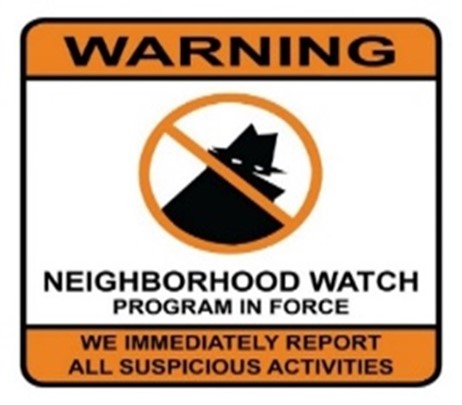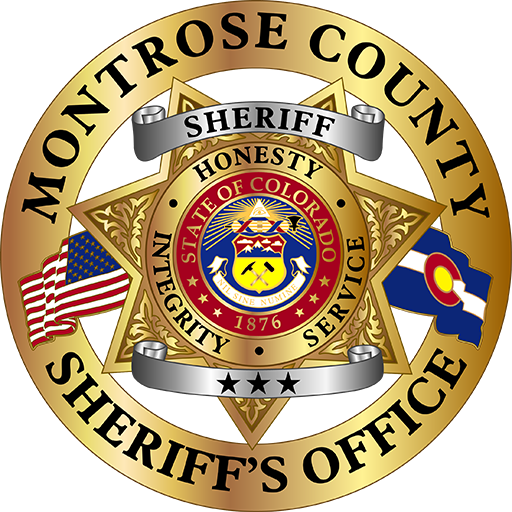Crime Prevention through neighborhood cohesion and collaboration

A Neighborhood Watch program is a group of people living in the same area who want to make their neighborhood safer by working together, and in conjunction with local law enforcement, to reduce crime and improve their quality of life.
Monthly Meetings
Neighborhood Watch meetings are held on the third Wednesday of each month at 6:00 PM in the large conference room at the Montrose County Sheriff’s Office, located at 1200 N Grand Ave, Montrose.
These meetings focus on personal safety, crime prevention, and community concerns affecting your family, your home, and your neighborhood.
Neighborhood Watch is homeland security at the most local level. Stay informed, Stay connected, Stay up-to-date.
Questions or how to get started? Call 970-252-4003, or leave a message at 970-252-4499, or visit our website.
Connect with Neighborhood Watch
- Self-register for the Neighborhood Watch program by scanning this QR code. Your information will be uploaded and securely stored within the Montrose County Sheriff’s Office – ReadyOp database.
2. Leave message on our Neighborhood Watch voicemail at 970-252-4499.

